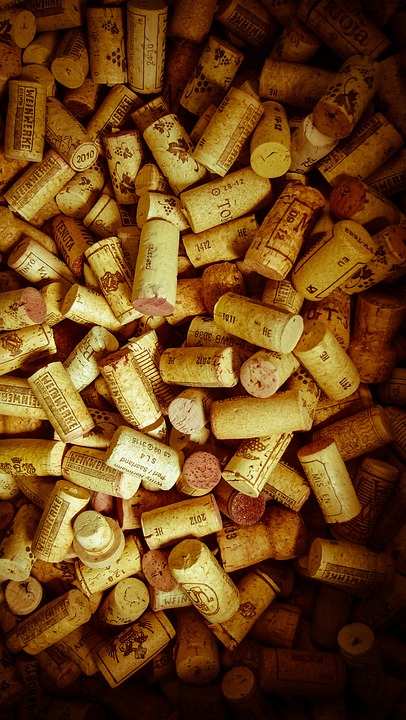Introduction
The Rheingau region in Germany is renowned for its rich wine-making history, with historic monasteries playing a crucial role in shaping the area’s wine legacy. These monasteries were not only centers of religious devotion but also hubs of viticulture and winemaking, laying the foundation for the world-class wines that the region produces today. In this report, we will delve into how these historic monasteries contributed to Rheingau’s wine heritage, exploring their impact on the industry and the enduring influence they have had on the region’s viniculture.
Historic Monasteries in Rheingau
History of Monastic Winemaking
The history of winemaking in Rheingau can be traced back to the medieval era when monasteries played a central role in cultivating vineyards and producing wine. Monks were often the pioneers of viticulture in the region, utilizing their knowledge of agriculture and wine production to cultivate high-quality grapes and craft exceptional wines. The monastic orders that settled in Rheingau, such as the Benedictines and Cistercians, established vineyards on the fertile slopes along the Rhine River, taking advantage of the region’s unique terroir and favorable climate for grape growing.
Monasteries as Centers of Innovation
These monasteries not only cultivated grapes but also introduced innovative winemaking techniques that helped elevate the quality of Rheingau wines. Monks were early adopters of practices such as barrel aging, blending different grape varieties, and implementing strict quality control measures, setting a high standard for winemaking in the region. Their dedication to excellence and commitment to tradition laid the groundwork for Rheingau’s reputation as a premier wine-producing area.
Impact on Rheingau’s Wine Legacy
Cultural and Economic Influence
The monasteries of Rheingau played a significant role in shaping the cultural and economic landscape of the region. They not only preserved the art of winemaking through centuries of upheaval and change but also contributed to the prosperity of the area through their vineyard holdings and wine production. Monasteries were often major landowners in Rheingau, with vast estates dedicated to grape cultivation and wine production, providing employment opportunities and economic stability to the surrounding communities.
Legacy of Excellence
The legacy of the monastic winemaking tradition in Rheingau is evident in the exceptional quality of wines produced in the region today. The meticulous attention to detail, respect for tradition, and commitment to craftsmanship instilled by the monks continue to define Rheingau’s winemaking ethos. Wineries that have their roots in historic monasteries often uphold these values, producing wines of unparalleled quality that reflect the rich heritage of the region.
Industry Insights and Financial Data
Current Landscape
Today, Rheingau is home to a thriving wine industry, with a diverse range of wineries and vineyards producing a variety of wines, from crisp Rieslings to full-bodied Pinot Noirs. The influence of the historic monasteries can still be felt in the region, with many wineries tracing their lineage back to these religious institutions. The commitment to excellence and innovation that characterized monastic winemaking continues to drive the success of Rheingau’s wine industry, attracting wine enthusiasts from around the world.
Financial Data
The wine industry in Rheingau contributes significantly to the local economy, generating millions of euros in revenue each year. According to industry reports, the region’s wine production volume has been steadily increasing, with exports to key markets such as the United States, China, and the United Kingdom driving growth. Wineries that have a strong heritage tied to historic monasteries often command premium prices for their wines, reflecting the quality and craftsmanship associated with the region’s viniculture.
Conclusion
In conclusion, the historic monasteries of Rheingau have played a pivotal role in shaping the region’s wine legacy, laying the foundation for its reputation as a premier wine-producing area. The cultural and economic influence of these monasteries endures to this day, with their commitment to excellence and tradition continuing to drive the success of Rheingau’s wine industry. By preserving the art of winemaking through centuries of change and upheaval, the monasteries have ensured that Rheingau remains a beacon of quality and craftsmanship in the world of wine.




